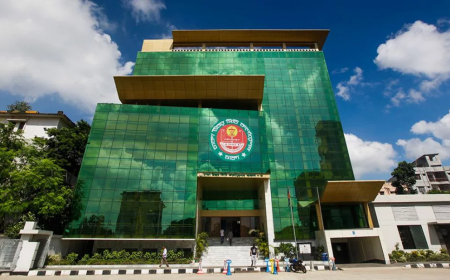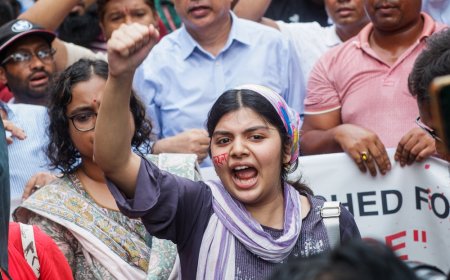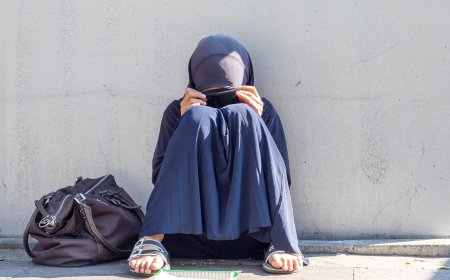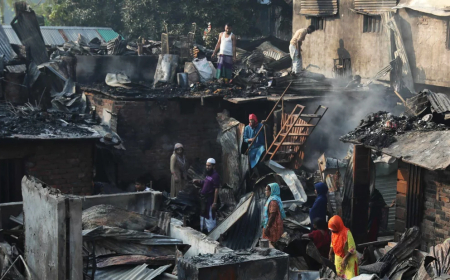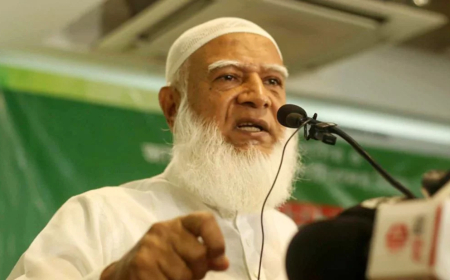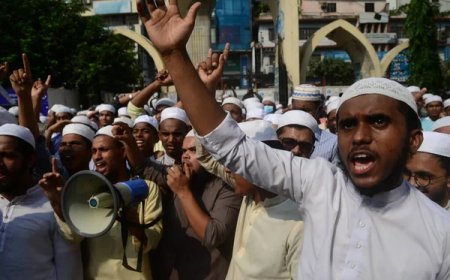The Rohingya Crisis Through Student Eyes
What four students at the university of Chittagong have to say about the Rohingya crisis in 2025
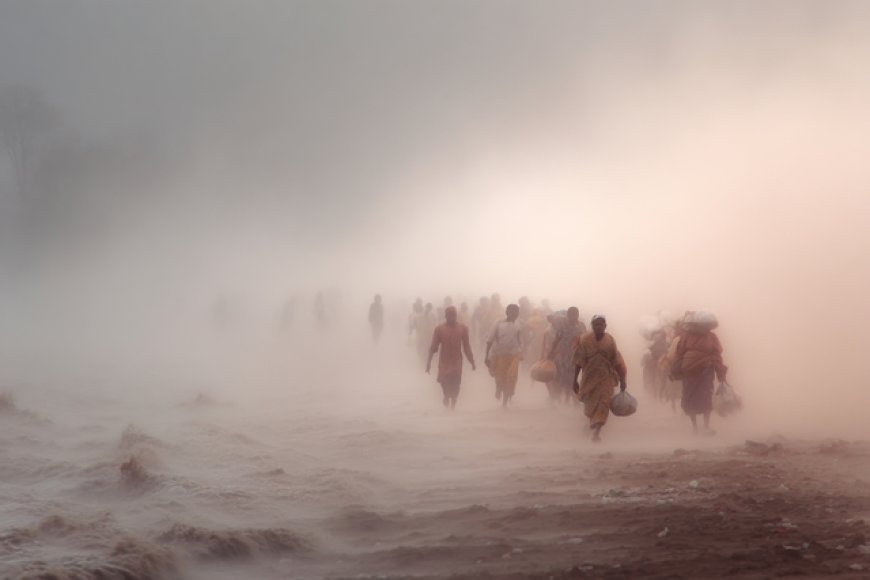
“Injustice anywhere is a threat to justice everywhere.” -- Martin Luther King Jr.
A state may pursue multiple foreign policies, but its actions reveal both its internal values and international responsibilities. One such pressing issue is the Rohingya crisis, still unresolved after eight long years.
For those who follow global geo-politics, the plight of the Rohingya in Bangladesh’s refugee camps and Myanmar’s Rakhine State remains a stark reminder of unfinished justice. I recall my school days in 2017, when Bangladesh opened its borders to hundreds of thousands fleeing persecution. Aid and global attention poured in. Yet now, as I near the end of my academic journey, the support appears diminished and the crisis more entrenched.
From this perspective, it becomes important to ask: How do today’s university students, especially those at the University of Chittagong, view the crisis? Have perceptions shifted since 2017?
Here are the voices of four students who reflect on this humanitarian challenge.
Tanjinun Nahar: “We Need Solutions, Not Just Sympathy”
Tanjinun Nahar, an Economics student, calls for immediate and coordinated action. She stresses the need for policies addressing education, healthcare, and crime prevention in the camps.
“It’s been eight years since the military crackdown in Myanmar forced hundreds of thousands of Rohingya to flee,” Tanjinun says. “But instead of moving toward a solution, the crisis has only become more complex.”
She cites recent data: over 150,000 new arrivals in the past 18 months, around 20 to 30 people per day, while Rakhine State remains unstable under the Arakan Army’s control.
“The camps in Ukhiya and Teknaf are overcrowded. Local communities are under strain, facing unemployment, crime, and environmental damage. Around 50,000 children are born each year in the camps, most without access to proper education or healthcare,” she adds.
Tanjinun warns that frustration and hopelessness could spark instability if diplomacy and coordination fail. “As a student, I feel a responsibility to speak up. Ignoring this crisis won’t make it disappear. We need solutions, not just sympathy.”
Robiul Islam: “This Is a Test of International Conscience”
Robiul Islam, a student of International Relations, views the crisis as both a humanitarian and political challenge.
“More than six years have passed since Myanmar’s military unleashed violence that forced over a million Rohingya into Bangladesh,” he reflects. “Bangladesh’s response was a beacon of compassion, but the emergency has now become a deeply entrenched crisis.”
He highlights environmental degradation, deforestation, and competition over scarce resources as growing flashpoints in Cox’s Bazar.
“The only sustainable path is safe, voluntary, and dignified repatriation,” Robiul insists. “But this depends on Myanmar granting citizenship and rights, still elusive goals.”
Calling for stronger diplomatic pressure, he adds: “Bangladesh cannot carry this burden alone. This is not just a regional issue, it is a test of international conscience.”
Robaida Khanam Ohi: “Where Human Rights Begin, Close to Home”
Robaida Khanam Ohi, a Management student and activist with the Students Alliance of Democracy, invokes Eleanor Roosevelt’s famous reminder: “Where do universal human rights begin? In small places, close to home.”
She stresses that Bangladesh’s humanitarian role deserves recognition, but the cost has been high: insecurity, social unrest, and economic strain. Inside the camps, food, healthcare, and shelter remain inadequate. Outside, crime and unemployment have surged.
“Beyond issuing statements, agencies including the UN have done little to ease Bangladesh’s burden,” Ohi says. “Diplomatic pressure on Myanmar has been insufficient.”
She calls for an interim national policy to balance the rights of refugees and host communities, alongside stronger international engagement. “Bangladesh’s compassion is commendable,” she concludes. “But lasting solutions require justice, security, and dignity for all.”
S.M. Mahfuj Ahmed: “It’s a National Security Concern Now”
S.M. Mahfuj Ahmed, a student of Mass Communication and Journalism and a journalist, underscores the shift from a humanitarian emergency to a national security challenge.
“In 2017, sheltering nearly a million refugees was a courageous decision,” he notes. “But today, with 1.2 million still here, the issue has grown into a burden of security risks, economic costs, and social instability.”
He cites allegations of rising crime and the strain on Bangladesh’s limited resources. Yet his position is not rooted in hostility toward the Rohingya but in concern for Bangladesh’s future.
“The international community has failed to play its role,” Mahfuj argues. “Only strong global pressure on Myanmar can ensure safe and dignified repatriation.”
The Unfinished Struggle
These voices from the University of Chittagong reflect a broader truth: the Rohingya crisis remains at the heart of Bangladesh’s humanitarian, social, and political challenges. From sympathy to solutions, from compassion to security concerns, the issue continues to shape national discourse.
As Martin Luther King Jr. reminded the world: “Injustice anywhere is a threat to justice everywhere.” For Bangladesh, the question remains whether the international community will rise to meet this injustice or allow it to persist in silence.
What's Your Reaction?












